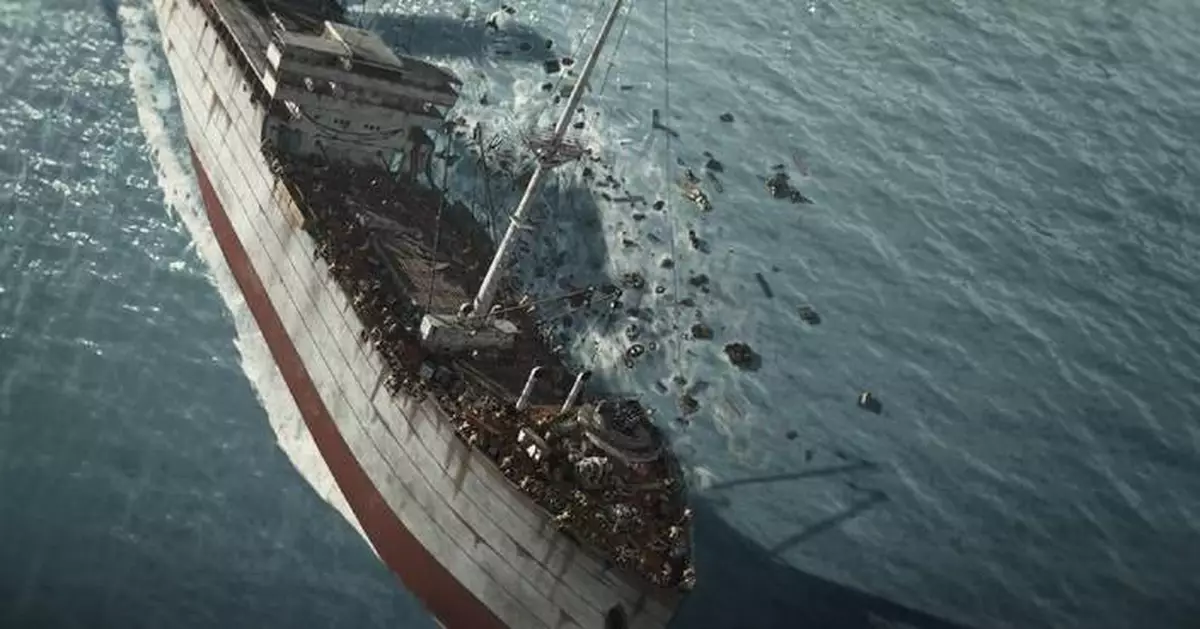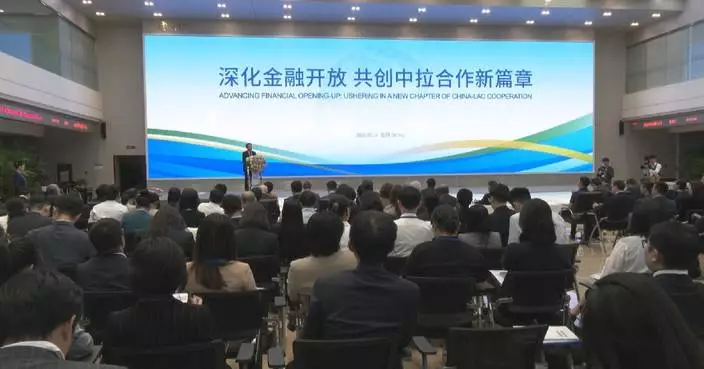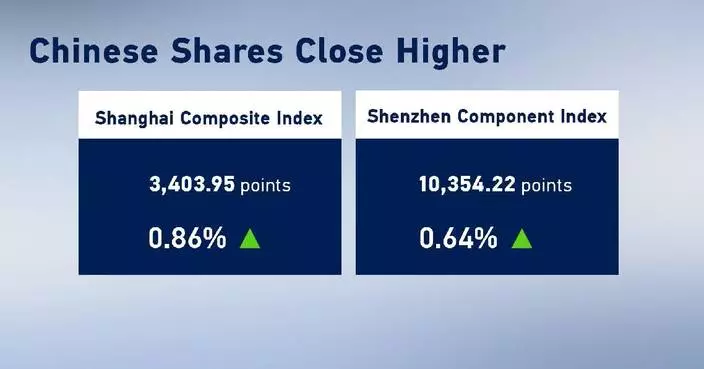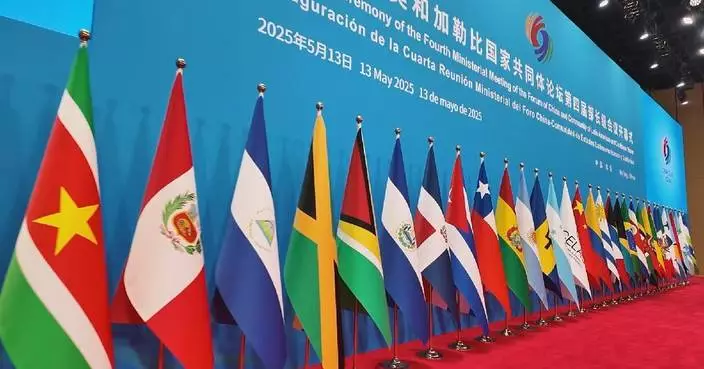"The Sinking of the Lisbon Maru," a documentary on the heroic rescue of British prisoners of war (POWs) by Chinese fishermen during World War II, premiered Friday at the 26th Shanghai International Film Festival.
The 123-minute documentary features extensive interviews with survivors and their descendants in China's Zhoushan Islands and Hong Kong, as well as in Britain, the United States and Japan.
In October 1942, "Lisbon Maru," a cargo vessel requisitioned by the Japanese army to carry over 1,800 British POWs from Hong Kong to Japan, was sunk by the U.S. army off the Zhoushan Islands in China's Zhejiang Province. Local fishermen risked their lives to rescue over 300 POWs.
Denise Wynne, daughter of Dennis Morley, one of the survivors, was tearful after watching the documentary.
"I just think it's an amazing film and it should be shared all over the world and hopefully promote peace. Because that was just a terrible thing to happen. It should never happen again," said 75-year-old Wynne.
Tony Banham, the historian advising the makers of the film, also the author of the Sinking of Lisbon Maru, says one of the biggest challenges was getting the facts right given most witnesses have passed away.
"If you want a really, really accurate description of any event, you have to interview quite a lot of people, and also find documents from the period such as letters, diaries, anything that might have been written closer to the time, to enable you to focus on what really happened rather than people's memories," Banham said.
The producer and director of the documentary, Fang Li, is also an ocean exploration expert who located the sunken ship's location in 2016. Upon learning that few people know about the historical episode, he became resolute in his determination to make the film.
The documentary took about eight years to finish, as the production team interviewed more than 110 families of the British prisoners.
"When I found the sunken ship and I heard that there were only two people left who experienced the tragedy, since my second profession was filmmaking, I instinctively felt that if we didn't salvage the history, it would be lost forever. So it was just an instinct. I had no experience in documentary filmmaking or directing, and what I wanted was just to preserve the history," said Fang.
After the premiere, the film is scheduled for release to the general public later this year.
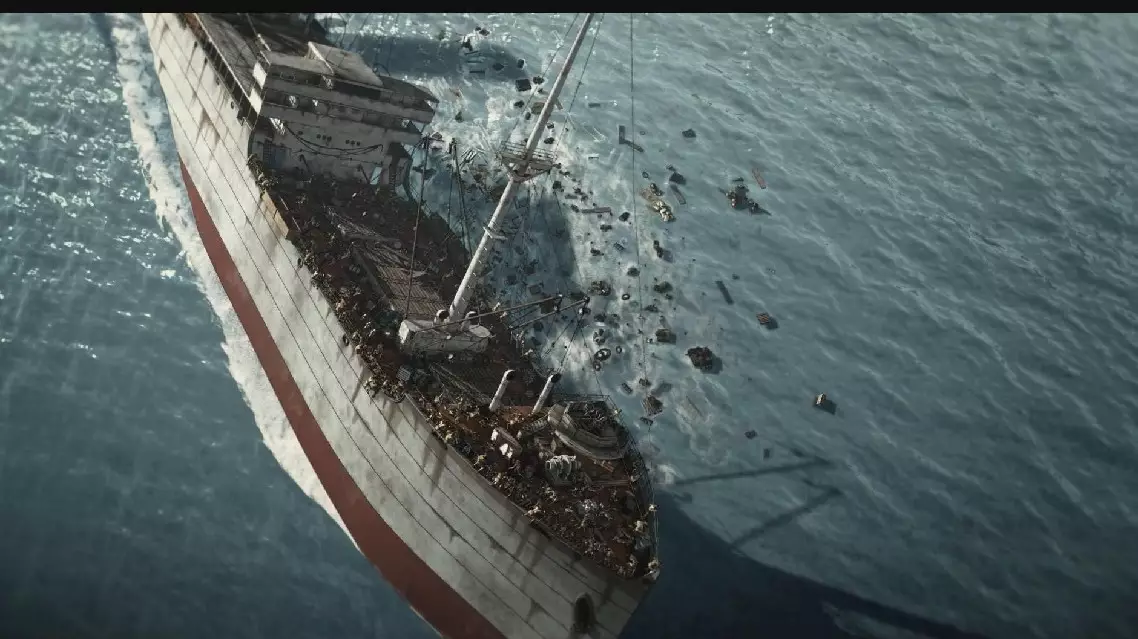
Documentary on Lisbon Maru rescue premiered in Shanghai
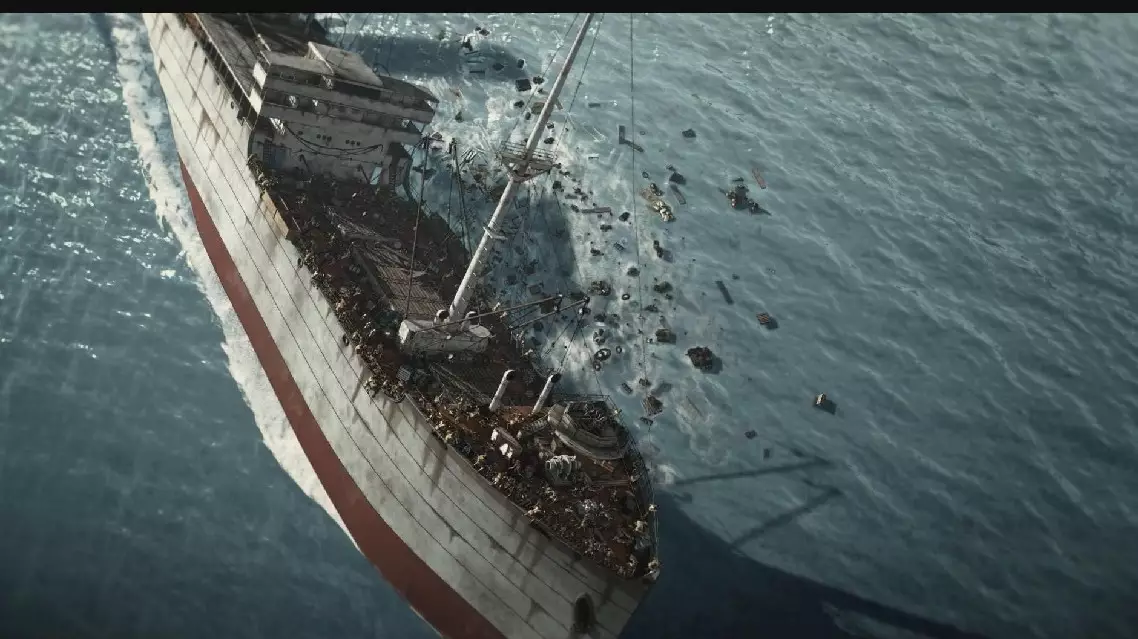
Documentary on Lisbon Maru rescue premiers in Shanghai


